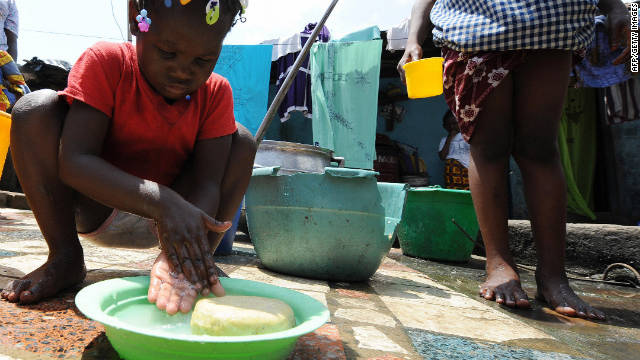The Food and Drugs Authority says a change in Ghanaian attitudes towards personal hygiene and the environment will halt the spread of cholera.
According to the Head of the Animal Products and Biosafety Department of the Kofi Essel, people continue to live in poor sanitary conditions in spite of numerous educational campaigns on sanitation and personal hygiene.
“Personally, we need to take a lot of the blame. If you take any by-laws of any local government, it tells you that you are responsible for any immediate public property that borders your property. You are primarily responsible for your health. If you fail to observe hygiene, no amount of facilities that have been put in place will help you.”
He believes that the authority faces a huge task in maintaining quality health standards in the country due to the unwillingness of people to change their attitudes.
“This is the 21st century, and people still eat without washing their hands, or do so without using soap. We can’t do anything about that. We can only continue to hammer on these attitudinal changes that we have been talking about. Each individual has a role to play in the fight against cholera,” he added.

Mr. Essel also believes that the local assemblies have failed to provide the appropriate facilities to promote public health and safety.
“If the gutters are not clean, and people don’t have hygienic places to sell food, that is a problem.
The disease has claimed over 80 lives with more than 10,000 cases recorded across the country.
An outbreak of cholera has claimed the lives of over 80 people with more than 10,000 cases recorded across the country.
The Ghana Health Service says it is contemplating a ban on the sale of food on the street in light of the epidemic.
The country has also initiated discussions with the World Health Organization (WHO) to supply oral vaccines to help bring the situation under control.
Mr. Essel is hoping that increased education on personal hygiene would help prevent a further spread of the the disease.
“The FDA is working with the local government and other organisations to intensify public education so that people will be aware.We want to ensure that the food vending activities do not pose a threat to public health and safety.”
By: Edwin Kwakofi/citifmonline.com/Ghana



